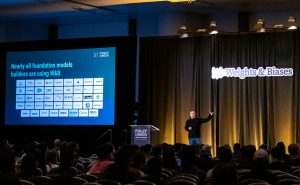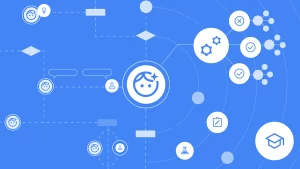SAN FRANCISCO — Sam Altman, in his thought-provoking article, explores the remarkable advancements that will define the coming decades, thanks to the rapid evolution of artificial intelligence (AI). Altman emphasizes that while human capability has consistently increased over time, this new surge in potential is not due to genetic changes but rather the collective intelligence and infrastructure that society has built. AI will equip people with tools to solve complex problems, continuing the progress of past generations and enabling even more groundbreaking achievements in the future.
Altman envisions a future where AI not only enhances individual productivity but also transforms entire industries. People will have access to personal virtual assistants that revolutionize education, healthcare, and innovation, offering personalized solutions and fostering creativity. AI, he suggests, will bring about shared prosperity, vastly improving the quality of life for people worldwide, though he acknowledges that wealth alone doesn’t ensure happiness.
At the heart of this revolution is deep learning, which Altman credits with driving the progress in AI over the last decade. This breakthrough has allowed AI systems to learn and evolve with greater precision, offering scalable solutions to hard problems. Altman is confident that as AI continues to scale, it will bring even greater benefits to society, from coordinating medical care to advancing scientific research.
Altman also highlights the transition from the Industrial Age to what he calls the “Intelligence Age.” To fully realize the potential of AI, he stresses the need to ensure abundant compute power and energy, preventing AI from becoming an exclusive resource. Without proper infrastructure, AI could lead to conflicts and be confined to the wealthy, which would limit its transformative potential.
Looking ahead, Altman believes the Intelligence Age will usher in unprecedented prosperity, with future generations witnessing achievements such as solving climate change, colonizing space, and unlocking new scientific discoveries. However, he acknowledges that this progress will come with challenges, particularly in the labor market, but he argues that AI will not make human effort obsolete. Instead, it will amplify human creativity and usefulness, allowing society to redefine the nature of work and move toward a more abundant, positive-sum world.
Though the future is uncertain, Altman’s vision of the Intelligence Age paints a picture of hope and possibility, where AI empowers humanity to achieve things that today seem unimaginable. Just as no one longs to return to the days of old occupations, in a century’s time, the prosperity AI enables will be just as incomprehensible to future generations.



















